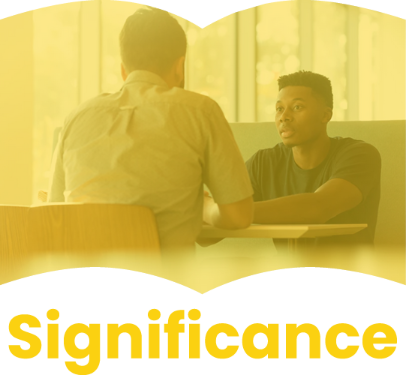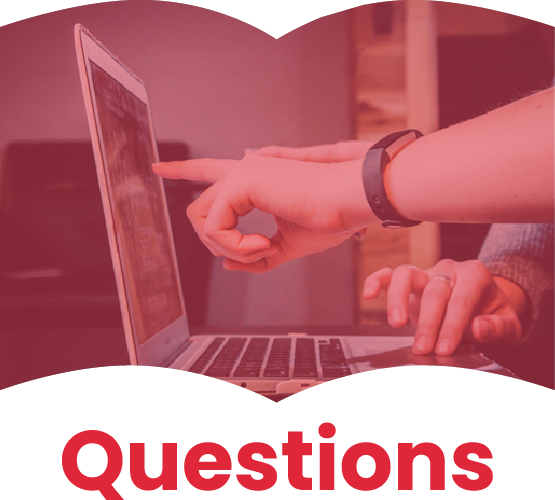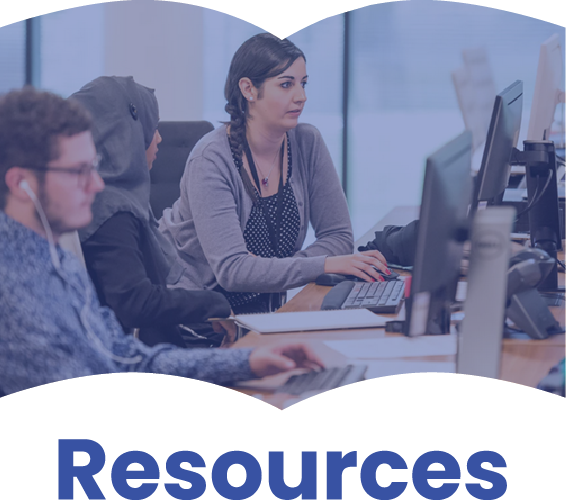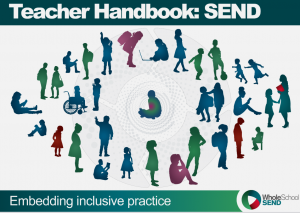
Introducing Pedagogy Dialogues
Pedagogy is ‘The act of teaching, together with its attendant discourse of educational theories, values, evidence and justifications. It is what one needs to know and the skills one needs to command, in order to make and justify the many different kinds of decision of which teaching is constituted’ (Alexander, 2009:280). Pedagogic choices benefit from being reasoned and justified in relation to the identified curriculum purpose. This purpose may be cognitive and relate to subjects, it may be meta-cognitive and relate to an aspect of learning or it may be social, and relate to a desired way of being or self-regulation.
GMs will be encouraging beginning teachers to develop their pedagogic reasoning capabilities through articulating their decision making. They will be supporting trainees to justify why they have selected to prioritise particular teaching approaches. They will do this in relation to both the subject(s) taught and the learning needs of the pupils.
Learning involves a lasting change in pupils’ capabilities or understanding. Teachers need to understand the cognitive science behind how pupils learn, this includes an awareness of the common misconceptions related to teaching and learning. In the classroom teachers need to consider the importance of prior knowledge and the way they introduce new ideas, address misconceptions, plan for regular purposeful practice, use worked examples and promote retrieval to revisit and strengthen recall. An awareness of the working memory and long-term memory is also important.
The art of effective planning, which secures meaningful learning and positive outcomes, takes practise and time, and requires expert mentor support through professional conversations. This is because such planning must include and draw on all standards with the Core Content Framework.
The professional learning process is iterative and should begin with what you want the pupils to learn (through an ambitious, engaging and accessible curriculum) but must be based on knowing your pupils and how they learn (teacher-pupil relationships). This then allows decisions to be made on effective pedagogies to build knowledge and check on understanding. Reflection on the extent to which the pupils were able to achieve the learning outcomes must then follow.
This allows enhancement of the professional skill set of planning that leads to positive learning outcomes during teacher training and early careers.
Pedagogic choices underpin adaptive teaching, teaching that enables an engaging and inclusive learning environment. Learners bring with them with varied and diverse backgrounds, physical and cognitive abilities. This can often be overwhelming for a trainee, and so the GM has a key role to play. Inclusive pedagogy is an approach to teaching and learning that attends to individual differences between pupils but avoids the marginalisation that can occur when pedagogical responses are designed only with individual needs in mind. In order to develop trainees’ appreciation of pedagogy, inclusive pedagogy and adaptive teaching, you will want to engage them in
- Thinking about their context – knowing their pupils and appreciating the richness of the differences that they bring
- The use of school data systems – knowledge base, so that trainees can plan in an inclusive way
- Understanding support processes and school policies, so that the trainee knows that they do not have to do this alone!
- Share the effective use of EHC Plans and additional classroom support, such as use of GMs and older students as mentors
This is a tricky concept to develop with trainees and so some specific strategies that you might wish to consider include:
- Sharing and modelling Adaptive Teaching within the class, key stage and school as a whole
- Sharing useful resources and documents around how to adapt practice to context
- Joint lesson planning building in how practice needs to be adapted to context
In relation to inclusive pedagogy planning for our learners is significant. Pages 32-42 and pages 132-170 of the handbook provide some helpful insights in this regard. Additionally the information that relates to inclusive learning environments on pages 44-54 might be helpful to reference.

These questions may help you to explore, evaluate and elaborate your trainee’s professional understanding in relation to pedagogy and adaptive teaching.
- What do teachers need to know about how pupils learn and what are the common misconceptions of cognitive science that relate to teaching and learning?
- How can I build on pupils’ prior knowledge to avoid overloading my pupils’ working memory and increase the likelihood of material retained?
- Do you understand the importance and impact of the pupil-teacher relationship?
- How well do you know your students? (NB use school data systems, look up to see if they are EAL; LAC; SEND; Pupil Premium, eg: forces children)
- Can you justify your choice of pedagogies in that they support all learners’ progress and how do you know?
- How do you ensure that your whole class teaching is ambitious?
- What does your reflection look like and is it transformational?

A brilliant new web based resource has recently been created, which we think that you and your beginning teacher will find to be so very enabling as you consider pedagogy, inclusion and adaptive teaching.
The Chartered College of Teaching’s Early Career Hub has a range of excellent support materials in relation to adaptive teaching. Membership is free for beginning teachers.
The Education Endowment’s Foundation Guidance Materials in relation to SEND in mainstream settings summarises key evidence.
The Education Endowment Foundation shares what the evidence says in relation to grouping pupils by attainment.
There are well-documented challenges with all forms of attainment grouping. This research-based aide-memoire is intended to improve existing practices in attainment grouping, and mixed attainment grouping, with regard to efficacy and equity.
Tom Sherrington shares his thoughts in relation to challenging pupils via this blog piece.
This discussion piece shares how teachers can establish their pupils’ readiness to learn, their learning interest and learning ability.
The Bell Foundation has excellent materials in relation to enabling learners with EAL.
This BERA discussion article considers how action research can support reflective practice.
The Education Endowment Foundation shares seven recommendations for teaching self-regulated learning and metacognition .
This Sutton Trust Report provides the research basis for what makes great teaching.
Deans for Impact have produced a number of resources linked to The Science of Learning.
The Retrieval Practice website has a number of free guides.

